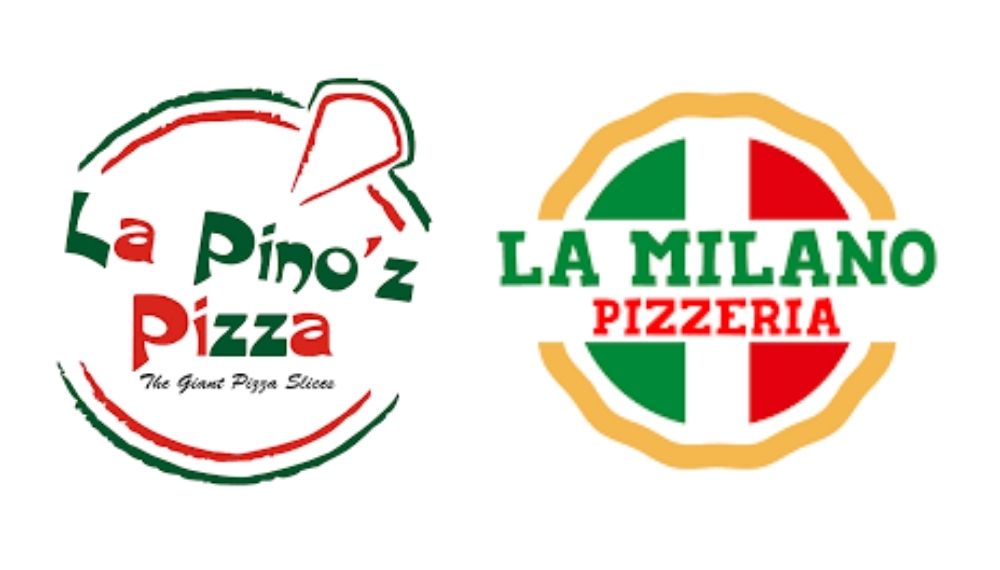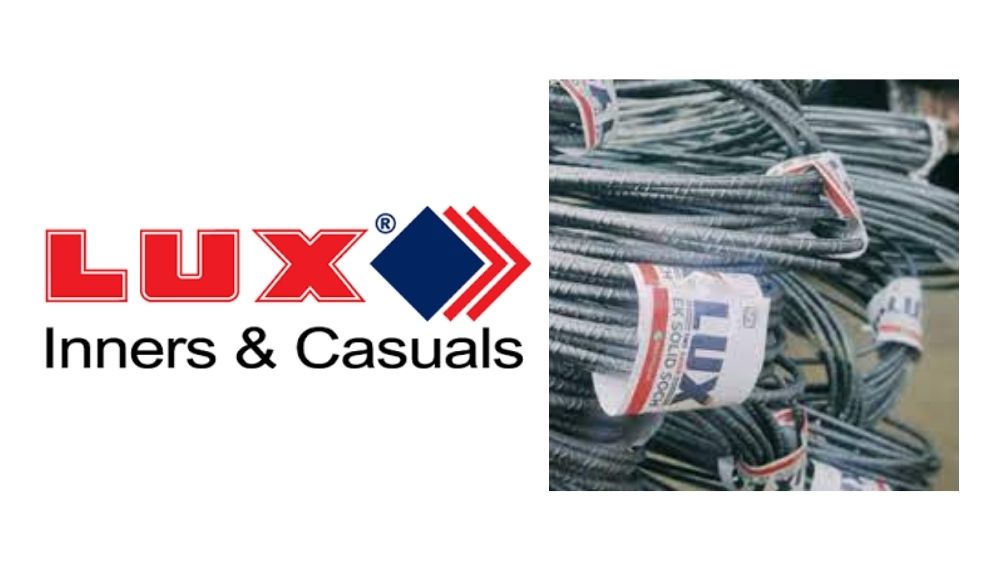The appellant Engineering Analysis Centre of Excellence Pvt. Ltd., in this case, was an Indian Company who sells shrink-wrapped computer software that was imported straight from a non-resident corporation. As the transactions comprised a sale of goods, the appellant did not deduct tax on the payments made to the non-resident entity. But on the other hand, the claim of the Department of Revenue, Ministry of Finance (Revenue) was that the transaction between the parties was a copyright for the right to use the software, which resulted in royalty payments, and consequently assessed that tax should be deducted at source under Section 195 of the Act.
When the matter was brought before the High Court of Karnataka by various assessees, the High Court upheld the appeal, citing its decision in CIT v. Samsung Electronics Co. Ltd. & Others (2012) which held that what was sold as computer software included a right or interest in copyright, resulting in the payment of royalty and being deemed to be an income of the resident in India under Section 9(1)(vi) of the Act, requiring the deduction of tax at source.
The appellant, along with other assessees, filed civil appeals with the Supreme Court after being aggrieved by the decision of the court.
The Supreme Court divided the appeals into the four kinds of software payments listed below:
Category 1: A non-resident selling software straight to an end-user. Category 2: Non-residents selling software to Indian distributors for resale to Indian end-users. Category 3: Sale of software to a foreign distributor for resale to end customers in India by a non-resident. Category 4: Software that is bundled with hardware and distributed to Indian distributors or end-users by foreign providers.
Court Held
The Supreme Court, in a detailed judgment, held that:
Upon application of the DTAA, provisions of the Act can only be applied to the extent they are more beneficial to the assessee. Tax Deduction at Source under Section 195 of the Act can only be made if a nonresident is liable to pay tax under the charging provision in Section 9 read with Section 4 of the Act and the DTAA. The judgment of PILCOM would not be applicable to the present case.
As per amended Sections 14(b)(ii) and 52(1)(aa), making of copies or adaptation of a computer programme in order to utilise the said computer programme for the purpose for which it was supplied, or make back-up copies does not constitute infringement of Copyright and does not amount to parting with copyright. The EULAs have to be read as a whole to ascertain the true nature of a transaction. What is licensed is sale of a physical object which contains an embedded computer programme and is, therefore, sale of goods as per Tata Consulting. Explanation 4 to Section 9(1)(vi) of the Act cannot have retrospective application. Hence, in all the four categories, the Supreme Court held in favour of the assessees.
K S& Co. Comments:
This Apex Court judgment has progressively settled and resolved conflicting views taken by the High Court of Karnataka and Delhi and the AARs, in the controversy surrounding the taxation of payments for computer software in international transactions which had been a subject matter of extensive litigation for over two decades. The judgment is a welcome move and a positive step that will have a wide-ranging influence on software businesses doing business in India.









Leave a Reply